PPP Loan Necessity Questionnaire Details
The original Loan Necessity Questionnaires were released with no comments by the SBA, and the new guidance answers some key questions that borrowers who took out a loan of $2 million or more have been asking regarding the questionnaires. FAQ #53 poses the question, “Why are some PPP borrowers receiving a Loan Necessity Questionnaire?” The following is a breakdown of the highlights from the guidance:
- The SBA indicates that it is providing a Loan Necessity Questionnaire for lenders to provide to all PPP borrowers who received loans of $2 million or more. This questionnaire is to assist in the process of reviewing the loans for eligibility, fraud or abuse, and compliance with loan forgiveness requirements.
- According to the SBA, once a borrower receives the questionnaire from their lender, they must return the completed questionnaire to their lender within 10 business days of receipt.
- The SBA notes that the information requested in the Loan Necessity Questionnaire will assist the SBA in the assessment of a borrower’s certification in its loan application that, “[c]urrent economic uncertainty makes this loan request necessary to support the ongoing operations of the Applicant,” as required by the CARES Act. However, receiving a request to complete the Loan Necessity Questionnaire does not mean that the SBA is challenging a borrower’s certification.
- The guidance goes on to further say, “SBA’s assessment of a borrower’s certification will be based on the totality of the borrower’s circumstances through a multi-factor analysis.”
- The SBA also reiterates that a borrower’s required good-faith certification at the time of the loan request will be considered during the loan forgiveness process. This means that the circumstances during the loan request will be considered even if business developments after the request resulted in the loan no longer being necessary.
- The guidance further states, “In its review, the SBA may take into account the borrower’s circumstances and actions both before and after the borrower’s certification to the extent that doing so will assist the SBA in determining whether the borrower made the statutorily required certification in good faith at the time of its loan application.”
- If necessary, the SBA, according to the guidance, may request more information from a borrower to assist in its review process, even after the borrower has completed the questionnaire. If additional information is requested, borrowers will have the opportunity to provide a narrative response to the SBA that explains the individual circumstances that allowed them to make the good-faith loan necessity certification at the time they requested the loan. The SBA will not make a final determination on a borrower lacking an adequate basis for their loan necessity certification until they review the additional narrative information that the borrower chooses to submit.
- The guidance concludes by stating, “This targeted, multi-step approach will ensure the integrity of the evaluation process and expeditious processing, as well as properly allocate SBA’s finite resources to those loans that require additional review.”
If you have additional questions on the latest guidance for Forms 3509 or 3510, the Moore Colson team is here to help. If you have not started your PPP forgiveness application, now is the time. For assistance, contact us as our team has experience with forgiveness calculations, knows what to look for and can facilitate the process for you.
Bert Mills, CPA, is the Managing Partner at Moore Colson. In his role, Bert sets the vision and mission of the Firm and works closely with the Firm’s leadership to drive and implement strategies.
Andy Starnes, CPA, is a Partner and Tax Services Practice Leader Moore Colson. Andy’s specialties include corporate tax compliance and planning, business consulting and multi-generational planning with a focus on the construction, professional services and staffing industries.
Chris Arnone, CPA, is a Partner and Business Assurance Practice Leader at Moore Colson. Chris has over 20 years of experience providing audit, accounting and consulting services for companies in the transportation, manufacturing, distribution, staffing, private equity and venture capital industries.
Tyler Wright, CPA/ABV/CFF, CFE, is a Director in the firm’s Consulting Practice. Drawing on 15 years of experience as an external auditor, internal auditor, and forensic accountant, Tyler provides accounting and financial advice in forensic investigations and commercial disputes.

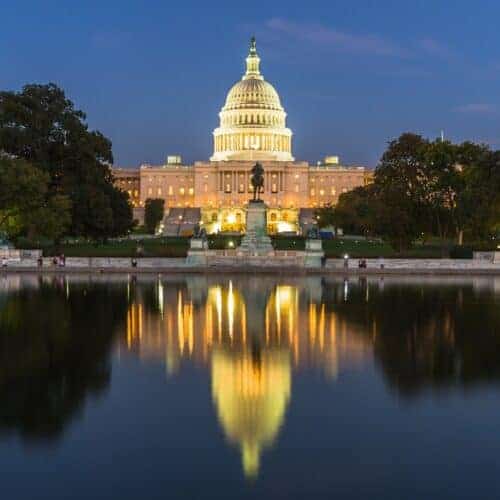




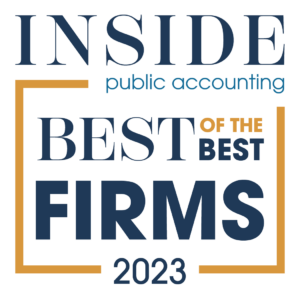
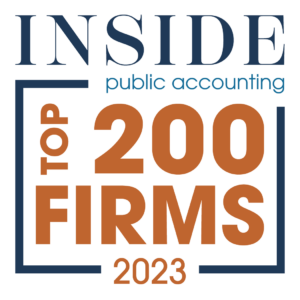
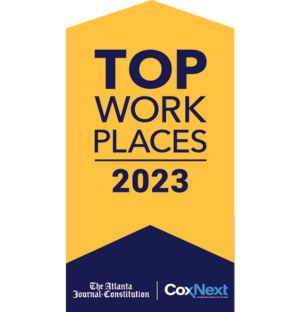
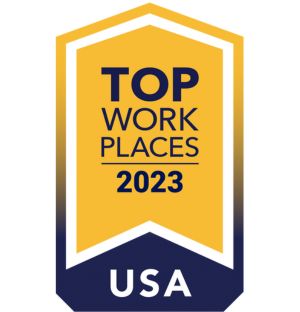
0 Comments